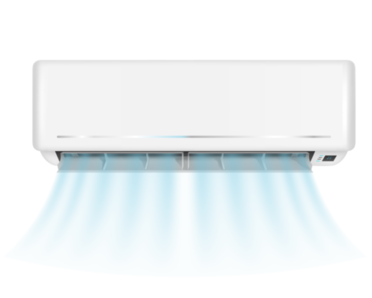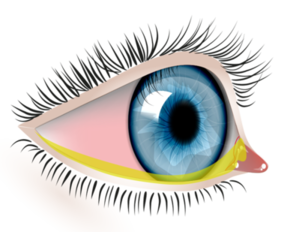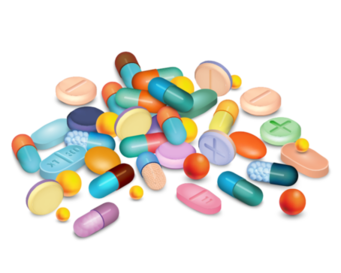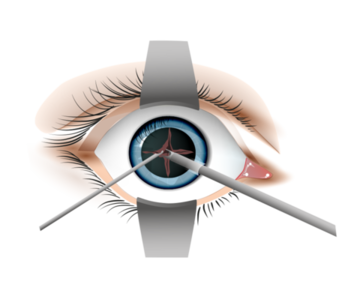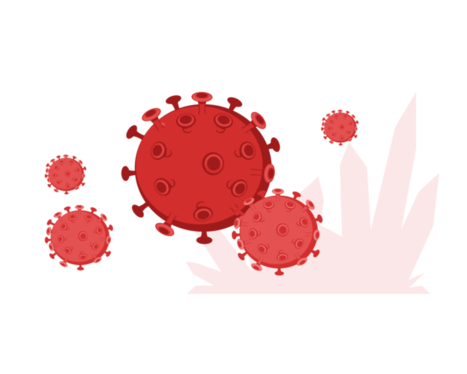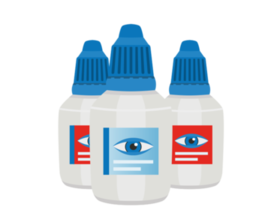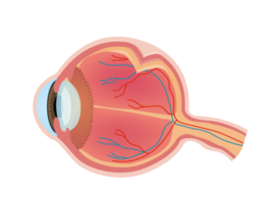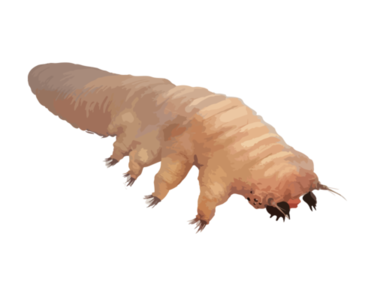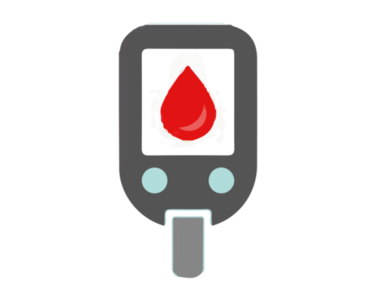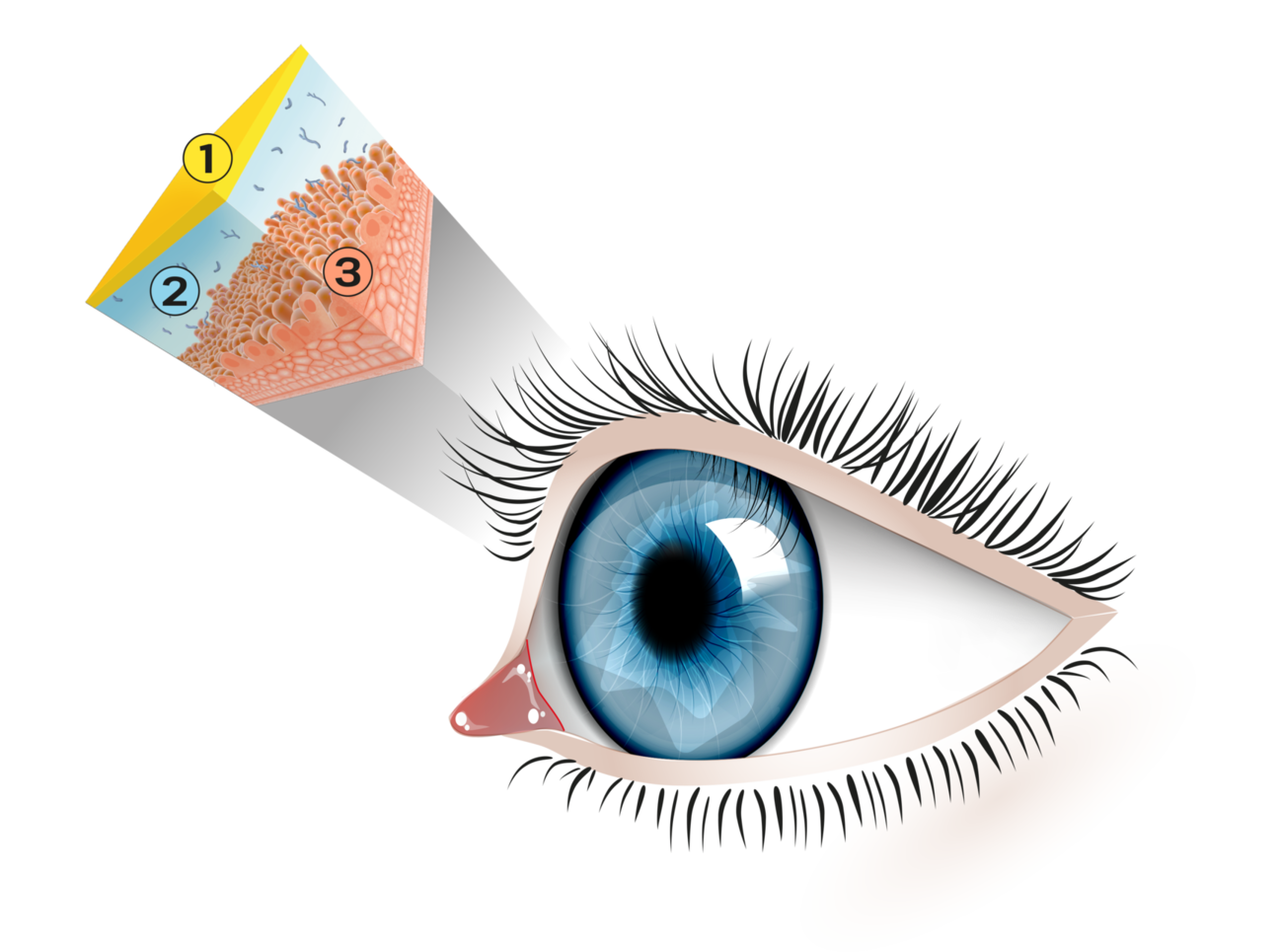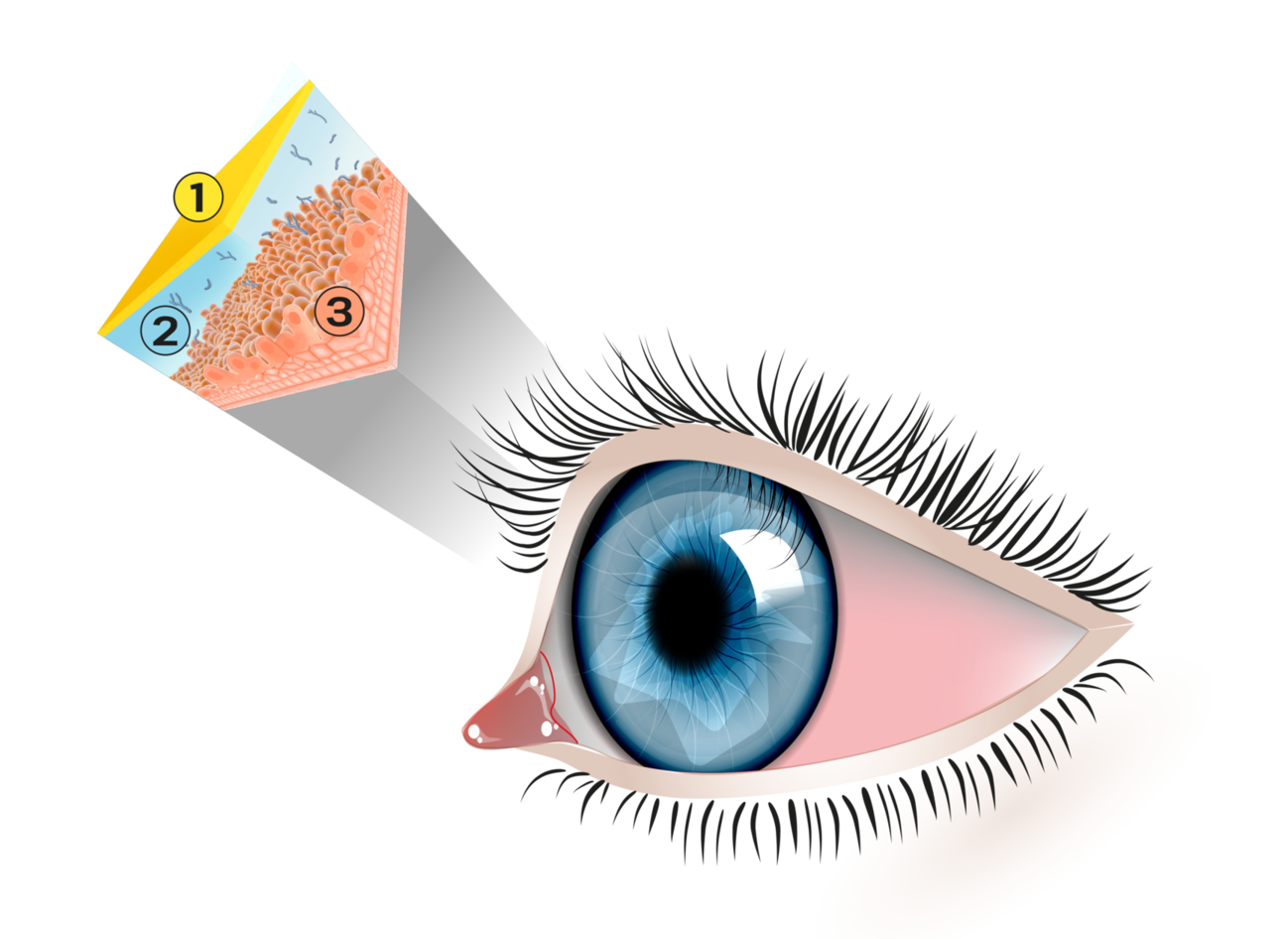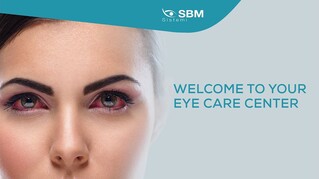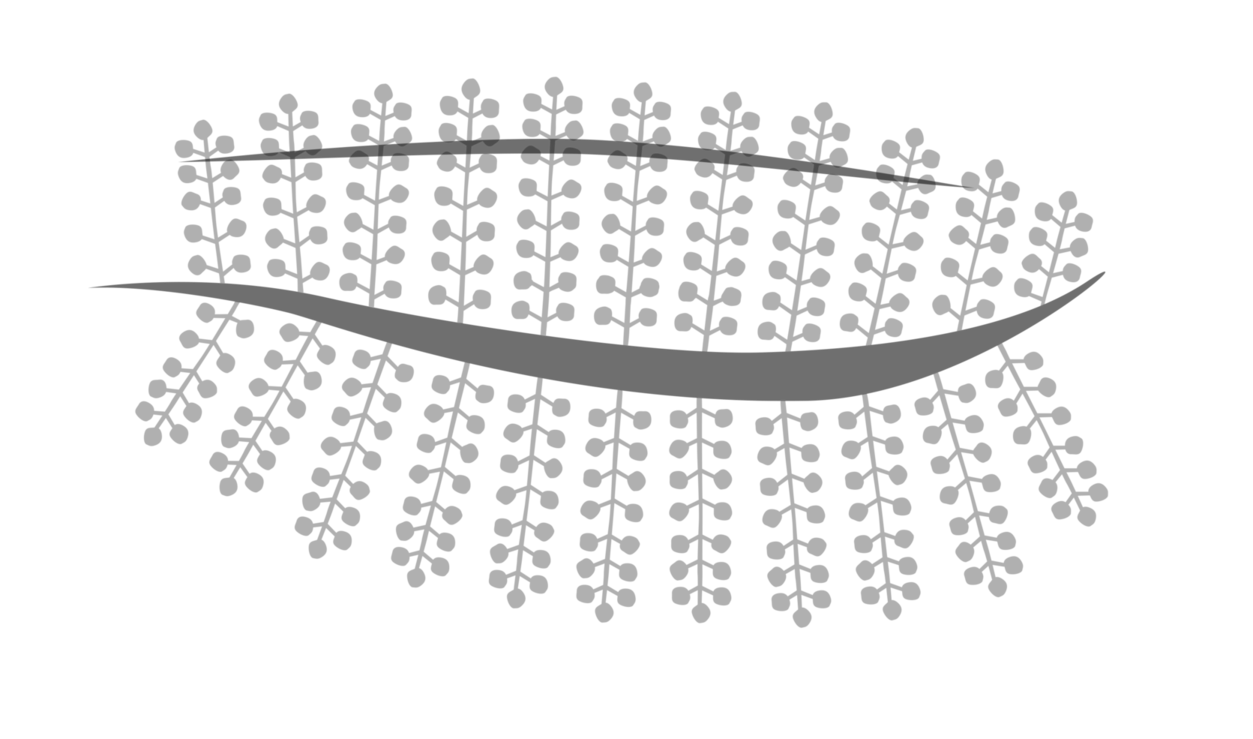Why do you suffer from dry eyes?
Do you spend 8 hours a day at the computer,
constantly straining your eyesight?
When you come home in relaxing moments, do you watch
TV or social networks on your mobile phone?
Your eyes are constantly in contact with screens and this is one of
the main factors causing dry eyes, among other causes.
How to identify and act on dry eye
learn more...
Why is tear film important?
It is the most important factor in achieving high-quality visual results in refractive and cataract surgery,
so evaluation and management is a cornerstone to providing the excellent visual result that patients expect.
The role of tears is to lubricate the ocular surface, protect it from foreign bodies, cleanse it and nourish it.
This is achieved through blinking, a fundamental mechanism for maintaining an effective
degree of humidification of the anterior surface of the eye, whereby the tear film is stretched
over the surface of the eye, keeping it moist and preserving its integrity.
What are the Meibomian glands?
Meibomian glands are small glands located in the upper and lower eyelids that secrete the lipid layer of tears.
Dry eye associated with dysfunction of the Meibomian glands is the most common form of dry eye and involves:
• Reduced lipid production (oil)
• Poor quality oil: the oil hardens and blocks the Meibomian
glands, preventing their release.
• Obstruction and atrophy of the Meibomian glands
The resulting thinning of the lipid layer leads to excessive evaporation
of the aqueous layer.
Dysfunction of the aforementioned glands is one of the main causes of dry eye, failure to treat
it can lead to a worsening of the condition and thus of the quality of life in general.

















